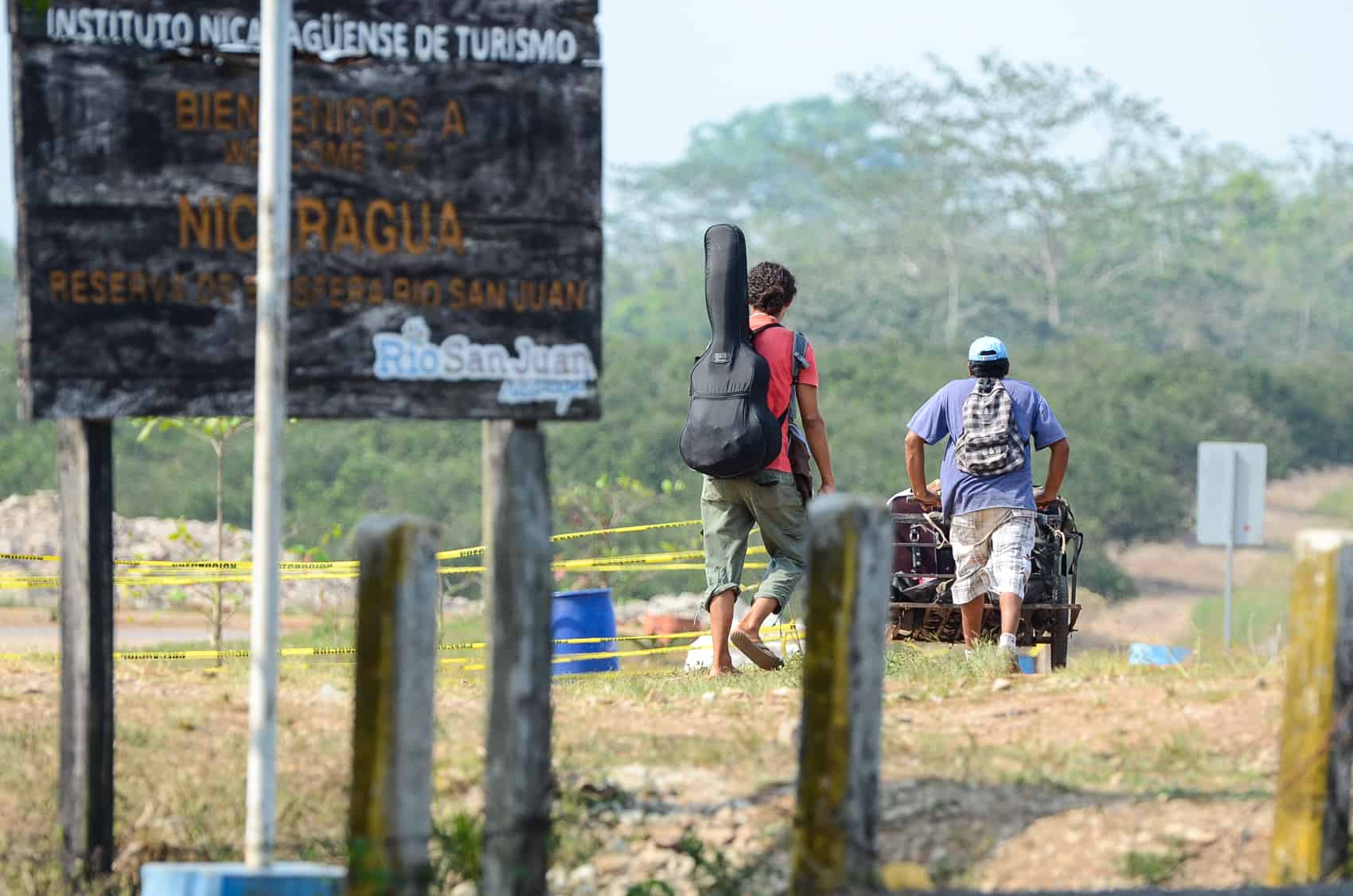Nicaragua’s president, Daniel Ortega, presented a reform to the migration law on Tuesday that includes the revocation of nationality, tighter controls on entry and exit from the country, and prison sentences for those who cross borders illegally with the intention of destabilizing the nation.
The proposed law, which is expected to be quickly approved by the Parliament fully controlled by the ruling party, stipulates that nationality can be revoked based on constitutional provisions. A sweeping constitutional reform approved last Friday declared that “traitors to the homeland” will lose Nicaraguan nationality.
Although this provision was not previously part of the law, the government has already stripped around 450 individuals of their nationality since February 2023. These individuals include politicians, businesspeople, journalists, intellectuals, human rights activists, and religious figures who were expelled from Nicaragua.
The proposal includes prison sentences ranging from two to six years for those who enter or leave the country illegally with the intent to “undermine” sovereignty, “disrupt constitutional order,” or “conspire and incite acts of terrorism or economic and social destabilization.”
Many Nicaraguan opponents or critics—among them journalists and social activists—accused by the government of being “coup plotters,” working for enemy nations, or serving the opposition, have fled to Costa Rica, often crossing the border through “blind spots.”
The reform also states that individuals who enter or leave the country through areas other than official migration posts can be expelled from Nicaragua if they attempt to re-enter.
The government is advancing a series of legal reforms accompanying the constitutional amendment, which will be ratified in the legislative session beginning in January. These changes grant Ortega and his wife, Rosario Murillo, absolute control over the Nicaraguan state.
Ortega’s government has intensified repression since the opposition protests of 2018, which resulted in over 300 deaths in three months, according to the UN. Managua has characterized these protests as a Washington-backed coup attempt.






